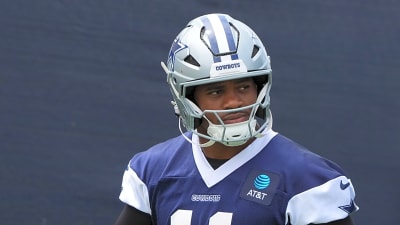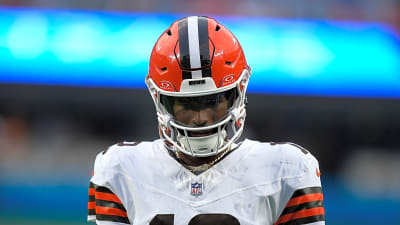The late Indianapolis Colts owner Jim Irsay, who died in May at age 65, spent the final years of his life battling relapses into opioid use that were largely hidden from public view, according to an extensive report by The Washington Post. The investigation, citing medical and police records as well as five people with direct knowledge of his drug use, revealed that Irsay had experienced at least three overdoses since 2020. Those included one in Turks and Caicos in 2020, another at his home in Carmel, Indiana, in December 2023, and a third at a Florida resort days later that led to a nearly four-month hospitalization.
At the time, the Colts described Irsay’s prolonged absence from the team in early 2024 as treatment for a “severe respiratory illness.” Irsay himself later told local reporters he was recovering from surgery. But according to the Post, the hospitalization stemmed from a drug overdose.
Public Advocacy, Private Struggle
Irsay had long been outspoken about mental health and addiction, launching his “Kicking the Stigma” campaign to fight the shame associated with such issues. He often shared his personal battles with substance abuse publicly. However, the Post found that those comments sometimes contradicted what was actually happening behind the scenes.
For instance, when a Colts executive called 911 during the December 2023 overdose at Irsay’s home, dispatchers heard only that he might be suffering heart failure. When officials later described the incident as an overdose, Irsay pushed back against that characterization in public. Two days before his overdose in Florida, Irsay reportedly fired a nurse who had tried to hide his medication out of concern he was consuming it too quickly.
Alarming Prescriptions
The Post report also centered on Dr. Harry Haroutunian, a California-based addiction specialist who treated Irsay for years. Prescription records and interviews suggested Haroutunian provided Irsay with more than 200 opioid pills in the days before his December overdoses. Witnesses further described nurses under his direction administering ketamine injections, raising alarms among medical experts given Irsay’s history of substance abuse and existing heart problems.
Haroutunian signed Irsay’s death certificate following his passing at the Beverly Hills Hotel in May, listing cardiac arrest caused by pneumonia and heart disease as the official cause. The Los Angeles County Medical Examiner declined to perform an autopsy, saying his death was not considered sudden or unexpected. Without toxicology testing, experts told the Post, it remains unclear whether drugs contributed to Irsay’s death.
A Complicated Legacy
The Colts announced Irsay had died “peacefully in his sleep.” His three daughters — Carlie Irsay-Gordon, Casey Foyt, and Kalen Jackson — now co-own the franchise and issued a statement defending their father’s legacy.
“Our Dad was open about his battles with addiction and mental health. He never claimed to be perfect,” they wrote. “Instead, he used his voice to reduce stigma and advocate for those facing similar challenges with honesty, vulnerability, and compassion.”
Irsay’s connection to the Colts spanned his entire life. He began as a ball boy for the Baltimore Colts in the 1970s, became the NFL’s youngest general manager at age 24 when the team moved to Indianapolis in 1984, and assumed full ownership in 1997 after the death of his father, Robert Irsay.
He played a prominent role in league committees, and under his leadership, the Colts reached the pinnacle in 2006 with a Super Bowl XLI championship. In recognition of his contributions, Irsay will join his father in the team’s Ring of Honor when the Colts host the Miami Dolphins in their 2025 season opener on Sept. 7.
While the new revelations complicate the picture of his final years, Irsay leaves behind a legacy defined by both triumph on the field and his public—and private—battles off it.
More must-reads:
- Cowboys make risky signing after Micah Parsons trade frees up cap room
- Giants QB Russell Wilson believed to have short leash
- The 'NFL QB season rushing leaders' quiz
Customize Your Newsletter
 +
+
Get the latest news and rumors, customized to your favorite sports and teams. Emailed daily. Always free!








